In a world which thrives on globalization and digitised landscapes, organizations across the globe must ensure that their organizations are the best. Such companies seek to be efficient, and up-to-date with the latest technologies and always seek to gain a competitive edge over other businesses.
With that being said, ISO standards are an optimal way to gain a competitive edge over others and enjoy numerous benefits that come with the implementation of an ISO management system.
Read on to discover the primary benefits of ISO certification for your organization. Despite these advantages being grand, do note that there exist several other benefits that come along with being ISo certified. Stick along to find out!
The Two Tags of the Benefits of ISO Certification
Yes, you read that right. Two tags. I like to describe the benefits of ISO certification as being separated under two different sections, hereby being referred to as tags. The first is brand positioning. How will the brand itself benefit by becoming ISO-certified? Secondly, there is the benefit that takes the form of business performance. What are the benefits of the internal processes of an organization? Will the operations of the company improve? And how so?
Truth be told, as an ISO consultant, I care mostly about the latter. My sole purpose is to effectively turn your organisation into an efficient and effective hub of smooth operations.
Becoming ISO-certified comes with great rewards. The brand and its corporate image will receive a significant boost and other companies from within the industry will respect you. Improved reputation is also likely to increase your chances of landing the opportunity to acquire and work with prestigious clients and suppliers alike.
However, these benefits are only the beginning. What are those benefits that remain hidden as of yet?
Main Benefits of ISO Certification #1 | Improved Business Operations
When mapping out all the details of the key processes that occur in your organization, detail is critical. Going into detail about how things function, and mapping out their place in your organization and their relevance is an important step towards achieving this benefit.
Throughout the years, I have worked with numerous companies. When we’re in the process of mapping out the key processes of the business organisation, I tend to ask questions which make the management think. This is done on purpose from my end. I want to understand why something is done in a particular way. Most of the time, I get very intelligent answers which allow me to understand how the key processes align with each other and work together for a common goal. However, some other times, the answers I get are rather unsatisfactory. I get told that something is done in a particular way simply because it was always done in that manner before – no questions asked.
Of course, this is no way to run a business. To understand the way forward with business operations, the management must be aware of why it does certain things in that particular manner. The management must understand that it gets the current levels of satisfaction from their product and service because of the way things are done. As a result, business organisations who truly seek to improve through ISO are encouraged to explore the different ways to streamline processes to make the good or service better than before.
So all in all, ISO certification will push the management to take action and improve the standardized manner of performing objectives, that is the key processes that make up the daily operations of the business.
Main Benefits of ISO Certification #2 | Management by Data
Perhaps this goes hand in hand with the previous one. You cannot improve key processes without actually having some form of data to point you in the right direction, right?
As an ISO consultant, when working with clients, I encourage them to measure KPIs based on whatever ISO standard they are aiming to achieve. For those who do not know, KPIs mean Key Performance Indicators. So imagine, if a company is seeking to become ISO certified with ISO 9001, they must have KPIs to measure quality. Similarly, if an organisation is seeking to become ISO certified with ISO 14001 or ISO 27001, it must measure metrics based on environmental and information security aspects, respectively.
These metrics and KPIs play a pivotal role in the management of the organization. They help managers make decisions based on actual data. This will inevitably lead to better results and more success. Of course, if one has to lead a business through gut feeling, I can tell you that the business will sink very fast. You do not want to be in that position, right?
Through data-based decisions, we are more likely to be able to identify and pick at low-hanging fruit that might add significant value to our organization. We can also use this information to tackle more difficult problems because if we have the data, then we can know what type of issues we are facing.
Let’s take a practical example about health and safety. Saying that we rarely have an incident might be a bit vague, no? But if we say that we have seven incidents in a year, four of which relate to bad posture when picking up heavy items, then that will mean that by improving that particular element within our management system we would be able to reduce the number of incidents by half. And that is a great way to set a target and achieve it!
This same thing can be applied to various industries and scenarios. For example, if you’re a manufacturing company, one great way to map out difficulties and problems with the product is to map the complaints that come in. Soon enough, you will have data which indicates the elements that the general consumer dislikes the most.








